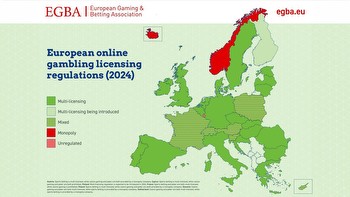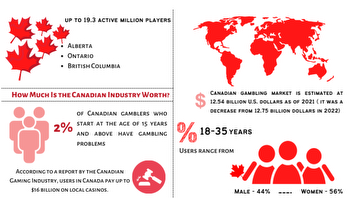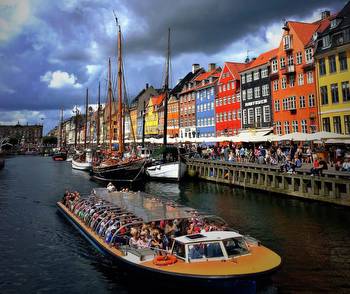A look into gambling laws in Scandinavia

There are many countries that have to decide whether they wish to legalize gambling. Some countries have readily embraced the industry, while others adopt a more conservative approach. This discussion will focus on specific Nordic countries and their regulatory framework on gambling, and the agencies responsible for monitoring gambling activities.
Gambling in Norway is regulated under the Norwegian Gaming and Foundation Authority. The industry is run by two licensees, Norsk Tipping and Norks Rikstoto, both owned by the state.
Gambling is regulated under the Swedish Gambling Act. The maximum period of a license is five years. Online and land casinos are regulated by the Gabbling Authority. Lotteries are overseen by both the Authority and local municipalities. Social games are only regulated in the administrative and tax agencies.
Gambling is legal in Denmark and regulated by the Danish Gambling Authority (DGA). The DGA oversees both land-based and online gaming activities. The activities allowed under Danish law include poker, bingo, betting, horse racing, lotteries, skill games, and social betting.
Gambling is legal and regulated in Finland, but the industry is monopolized by the state-owned gaming operator. The law only regulates a handful of games and leaves the rest unregulated. The Ministry of the Interior and the Gambling Department of National Police Board oversees all digital and land-based gambling in the country.
Unlike Greenland, Faroe Islands opted not to place themselves under the Danish gambling laws. Online gaming is legal in the Faroese Islands, with popular activities being online sports betting, bingo, poker, and online lotteries. The Danske Spil is a government-owned platform that needs no license to operate.
Iceland's General Penal Code criminalizes professional gambling and profiteering from gambling activities. The only type of gambling that is legalized in Iceland is non-profit charity gambling. There are no landed casinos in the country. Online casinos are allowed if they are registered in other EU jurisdictions.
This article does not necessarily reflect the opinions of the editors or the management of EconoTimes.



































